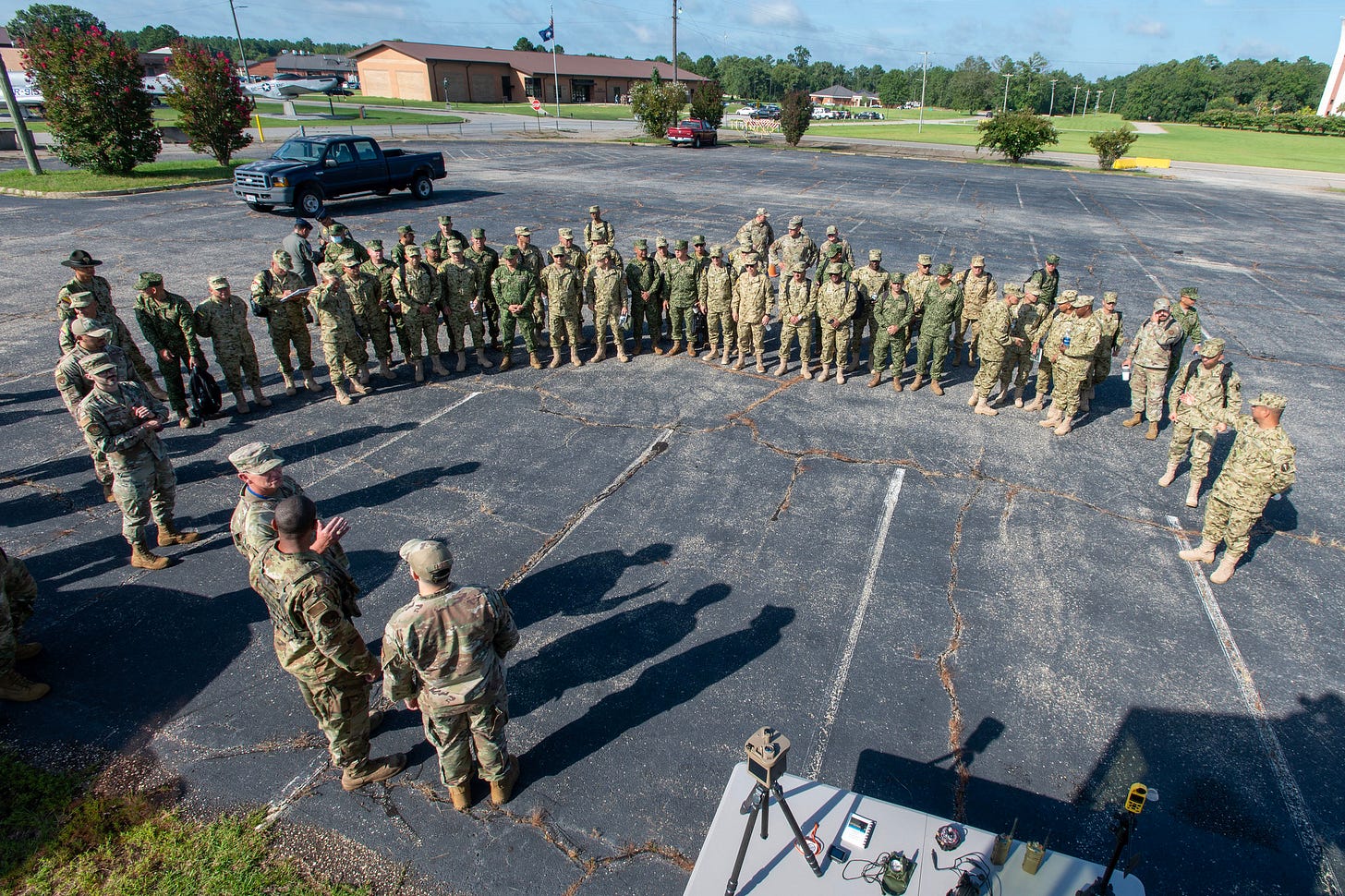The deployment of National Guard troops by Governor Greg Abbott is facing ongoing scrutiny in federal court, as Democratic lawmakers claim it violates constitutional boundaries and harms military readiness.
Bipartisan Opposition Emerges to Cross-State Military Deployment
Ten Democratic members of Texas’s congressional delegation delivered a sharp rebuke to Governor Greg Abbott this week, demanding the immediate withdrawal of Texas National Guard troops deployed to assist federal immigration enforcement in Illinois and other states. The letter, initiated by U.S. Representative Joaquin Castro of San Antonio, denounces what lawmakers view as an unconstitutional deployment of military forces for domestic law enforcement duties.
“As representatives of Texans in Congress, we implore you to promptly reject, withdraw, and refrain from any collaboration or assistance regarding deployment of Texas National Guard to Portland, Chicago, Illinois, or any other civilian law enforcement operation,”
The lawmakers wrote in their letter to Abbott on Tuesday.
The Deployment Under Fire
The President of the United States authorized 400 Texas National Guard members to serve in Illinois, Oregon, and other areas for enhanced Immigration and Customs Enforcement operations. Through social media, Abbott expressed his support for the federal order, stating that he fully backs the deployment to safeguard federal personnel.
The U.S. Northern Command reports that 200 Texas Guard personnel remain in Illinois under a 60-day deployment order. The administration sent troops to ICE facilities after protests, which officials stated required enhanced security, but local authorities characterized as peaceful demonstrations.
Legal Challenges Mount Across Multiple States
The federal judiciary has made opposing rulings about the disputed military deployments. A Trump-appointed federal judge decided to halt the short-term deployment of National Guard members in Oregon, finding that it violated both constitutional and statutory requirements. The Biden-appointed Illinois judge declined to block the deployment at present but scheduled a hearing for Thursday.
Illinois Governor J.B. Pritzker initiated legal action on Monday to stop the deployment, which he described as an “invasion” of his state. The lawsuit focuses on determining whether the activation requirements for National Guard deployment under federal law have been fulfilled, as activation is necessary in response to invasion or rebellion, or in the event of the failure of regular forces to enforce federal laws.
Republican Criticism Adds Pressure
The opposition against the plan extends beyond Democratic Party members. National Governors Association chair Oklahoma Governor Kevin Stitt expressed his astonishment about Abbott’s decision during a New York Times interview.
“Oklahomans would be outraged if Pritzker sent troops to Oklahoma during the Biden administration,”
Stitt told the newspaper, emphasizing concerns about federalism and states’ rights.
Constitutional Questions Over Military Role
Texas state legislators claim that the deployment violates the Posse Comitatus Act, as this law prohibits military forces from performing civilian law enforcement duties. Representative Lizzie Fletcher’s office explained that the President must follow specific conditions to deploy National Guard troops, as they can only act during an invasion or rebellion, or when regular forces fail to enforce federal laws.
“Texans did not enlist in the National Guard to be utilized as a political tool against fellow American citizens in another state,”
The Democratic legislators stated in their letter that the deployment “undermines public trust and damages the core purpose of the Guard”.
Political Stakes and Future Implications
The controversy highlights growing tensions between state and federal authorities over the deployment of the National Guard. Democratic lawmakers warned that Abbott’s cooperation sets a dangerous precedent that could backfire on Texas.
“If any other state deployed their National Guard to Texas without our consent, we would call that an invasion of Texas,”
The ten representatives noted in their letter.
The deployment takes place during Trump’s administration, when his administration enforces immigration laws through ICE operations in Chicago, which face resistance from local authorities and immigrant protection activists.
The Texas National Guard troops face an unstable situation because legal battles continue while political opposition grows stronger against their deployment outside Texas state borders. The decision will establish vital legal guidelines regarding state and federal military alliances and the control of state National Guard forces during periods of political division.



